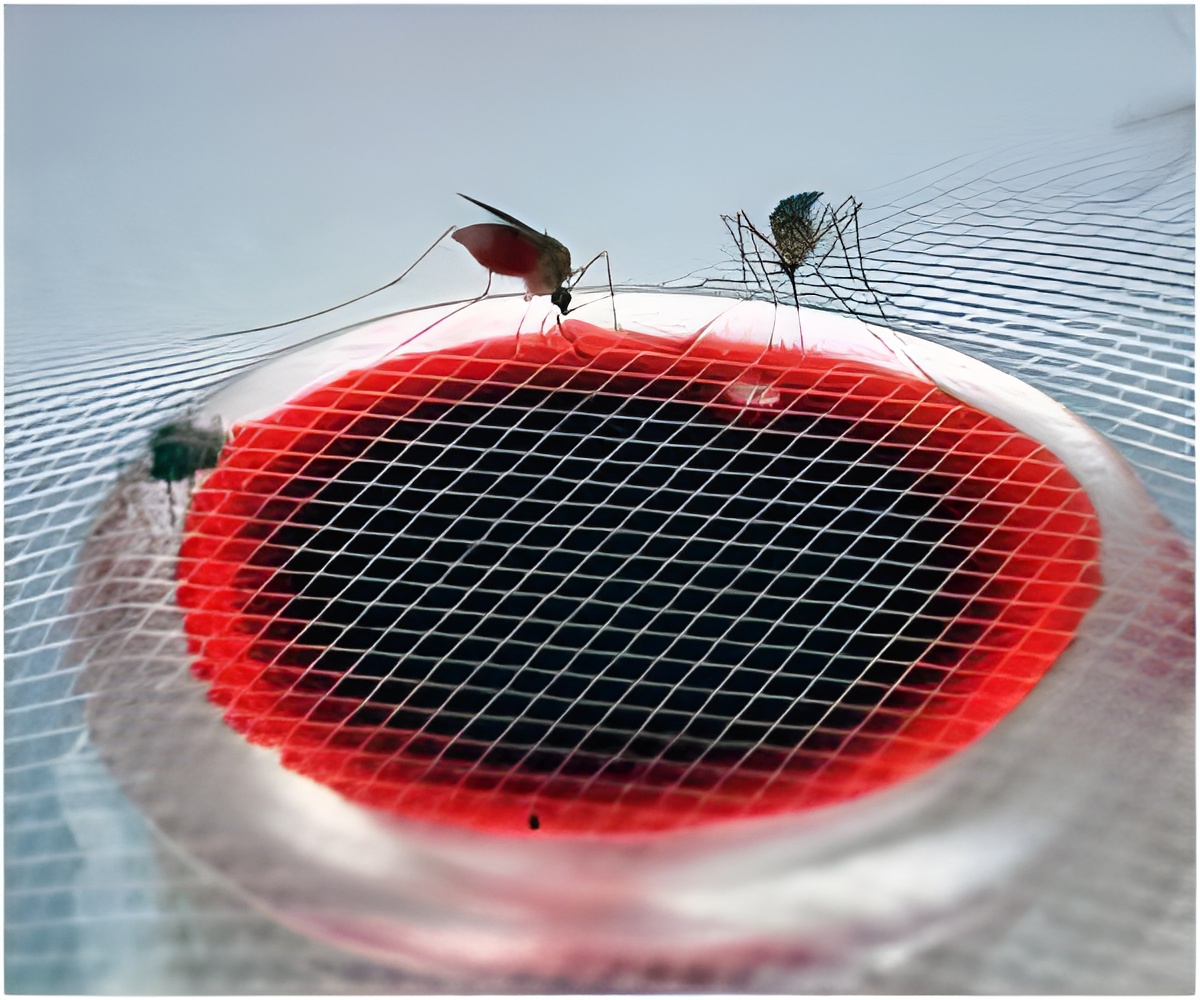
"In this study, we set out to understand what role the innate immune system plays in this fever response, the dominate symptom found in malaria patients," said Katherine A. Fitzgerald, PhD, associate professor of medicine at UMMS and one of the lead authors of the Immunity study.
Working with Douglas T. Golenbock, MD, chief of the Division of Infectious Diseases and Immunology at UMMS, Dr. Fitzgerald and colleagues set out to find what was triggering the innate immune response and what effect that response was having on the host cells.
What they found was a part of the malaria genome containing a dense portion of the nucleic acids adenine and thymine, two of the building blocks in DNA, which were responsible for activating a novel signalling pathway, including STING, TBK1 and IRF3-IRF7, in the host that enabled innate immune cells to produce type 1 interferon.
They found that those animal models, which expressed the normal STING, TBK1 and IRF3-IRF7 pathway, all succumbed to the infection within 12 days.
However, those that lacked some or all of these genes survived the infection, suggesting that this novel DNA-sensing pathway that leads to type 1 interferon production may play a vital role in the progression of malaria in the host.
Advertisement
"It's not clear yet how or why this occurs but these findings suggest that immune system recognition of DNA and the corresponding production of interferon may play an important role in the parasite's pathogenesis," she concluded.
Advertisement
Source-ANI








